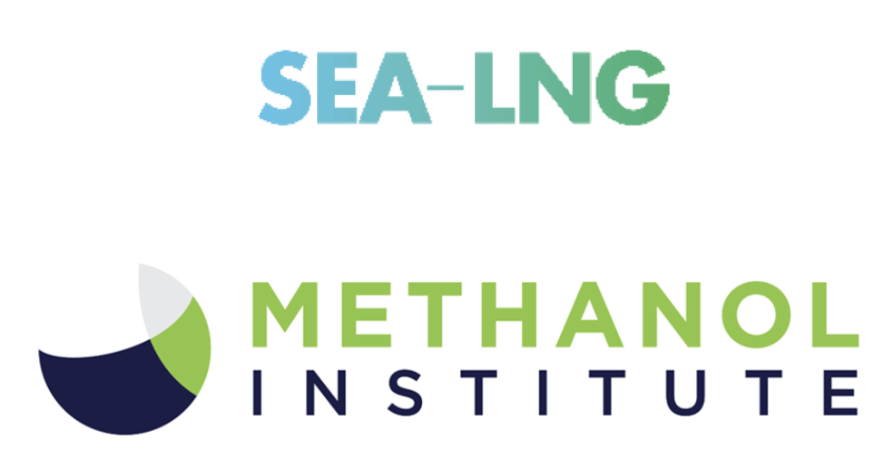
Call for the recognition of biomethane and biomethane-based fuels produced through mass balancing in non-EU gas grids under the Union Database.
Union Database
April 17, 2024
JOINT LETTER SEA-LNG & METHANOL INSTITUTE – Recognizing biomethane and biomethane-based fuels produced through mass balancing in non-EU gas grids under the Union Database.
The recent decision by the European Commission to exclude the certification of biomethane and biomethane-based fuels produced through a mass balance chain of custody in third-party countries outside the EU gas grids within the Union Database (UDB) will severely limit the use of these fuels, such as biomethanol.
Considering their significance in decarbonizing maritime transport, the Methanol Institute and its partner SEA-LNG, critical representatives of the methanol and liquified natural gas industries, are calling for immediate action from the Commission to discuss necessary amendments.

Call for the recognition of unavoidable industrial CO2 use after 2041 in the context of the release of the EU Industrial Carbon Management Strategy and 2040 climate targets.
Carbon Management Strategy & 2040 climate targets
March 28, 2024
OPEN LETTER OF THE EU INDUSTRY – Recognizing unavoidable industrial CO2 use after 2041 in the context of the release of the EU Industrial Carbon Management Strategy and 2040 climate targets.
As key players in the e-fuels sector, Methanol Institute and partners urge the European Commission to revise the provisions on the use of unavoidable industrial CO2 in the production of RFNBOs, according to the current review clauses. This letter proposes a sequenced way to define and authorize the valorization of unavoidable industrial CO2 after 2040 to address the growing demand for CO2 without resorting to imports.
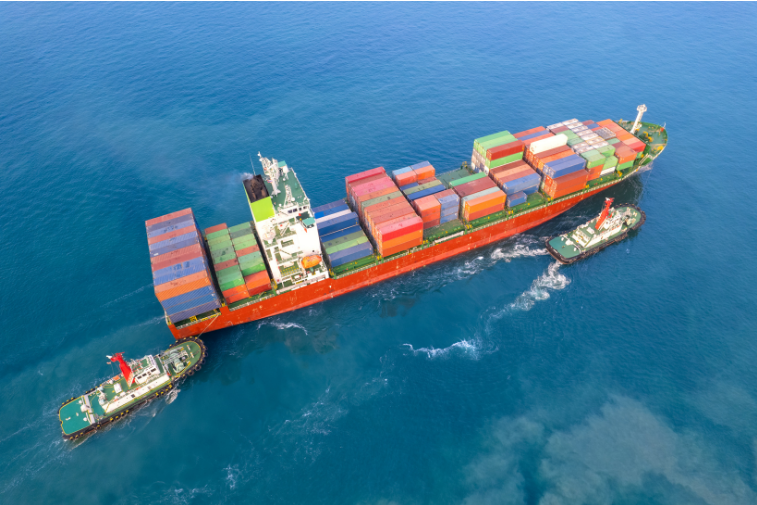
Need for urgent action: imports of biomethane and biomethane-based fuels under the Union Database.
Union Database
March 4, 2024
JOINT LETTER TO THE EUROPEAN COMMISSION – A need for urgent action: imports of biomethane and biomethane-based fuels under the Union Database.
In a critical move for sustainability and energy security, we, at the Methanol Institute, alongside 45 other signatories, are urgently calling for the European Commission’s immediate action to recognize imported biomethane and biomethane-based fuels, including biomethanol, within the UDB.
The Union Database is meant to be a global traceability tool for tracing liquid and gaseous transport fuels that are eligible for being counted towards the share of renewable energy in the transport sector in the EU. Despite the European Commission’s commitment to sustainability, its current stance – set to exclude these vital green fuels from certification if transported via extra-EU grids – poses a significant threat to Europe’s collective energy transition goals.
These biomethane-based fuels, like biomethanol, compliant with stringent sustainability and GHG emission standards equivalent to those within the EU, are fundamental in Europe’s drive towards a greener future. Restricting their recognition due to transport methods could discourage investments, diminish market attractiveness, and ultimately, hamper our progress towards the 2040 climate goals as outlined in the Fit for 55 package.
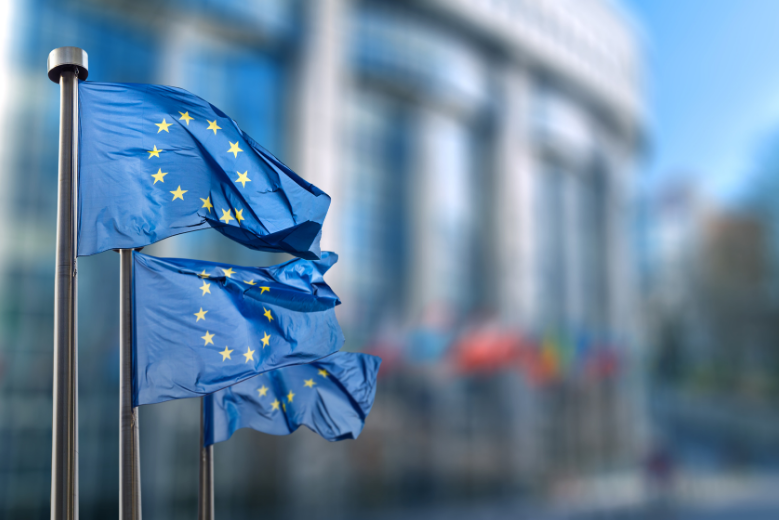
Call for the recognition of Carbon Capture and Utilization (CCU) as strategic net zero technologies in the EU Net-Zero Industry Act.
Net-Zero Industry Act (NZIA)
April 2023
JOINT LETTER FROM THE METHANOL INSTITUTE AND ITS PARTNERS TO THE EU – Urgent call for the recognition of Carbon Capture and Utilization (CCU) as strategic net zero technologies in the EU Net-Zero Industry Act.
The Methanol Institute and its partners urge the EU to include CCU as a key net-zero technology in the NZIA, vital for EU climate goals and producing renewable fuels and sustainable materials. Recognizing CCU will catalyze emission reduction, carbon circularity, and investment certainty in Europe.

Industry call for binding EU target for biomethane.
Gas Regulation trilogue
October 23, 2023
JOINT LETTER FROM THE METHANOL INSTITUTE AND 44 ASSOCIATIONS – Gas Regulation trilogue: Industry call for binding EU target for biomethane.
MI and 44 associations call on policymakers to consider incorporating a gas decarbonisation target in the EU’s Hydrogen and Gas Package, including an ambitious binding objective for #biomethane scaleup.
We welcome that this legislation already addresses regulatory barriers, defines incentives for the deployment of biomethane, and references the non-binding objective of 35 billion cubic meters (bcm) of biomethane by 2030.

Amendment of the Regulation setting CO2 emission standards for heavy-duty vehicles.
CO2 Emission Standards for Heavy-Duty Vehicles
October 2023
POSITION PAPER OF THE METHANOL INSTITUTE – Amendment of the Regulation setting CO2 emission standards for heavy-duty vehicles.
The CO2 Emission Standards for Heavy Duty Vehicles as proposed by the Commission, rely solely on the electric power train to attain climate objectives, neglecting the fact the electricity is only as pure as its power source. In its position, the Methanol Institute calls for balanced climate policies for heavy-duty mobility, calling for the recognition of the contributions of renewable fuels in the segment and a transition away from the high-risk strategy of relying solely on one technology solution.
MI’s position paper proposes modifications to the European Commission’s proposal to enable the energy transition of heavy-duty mobility in a technology-neutral manner.
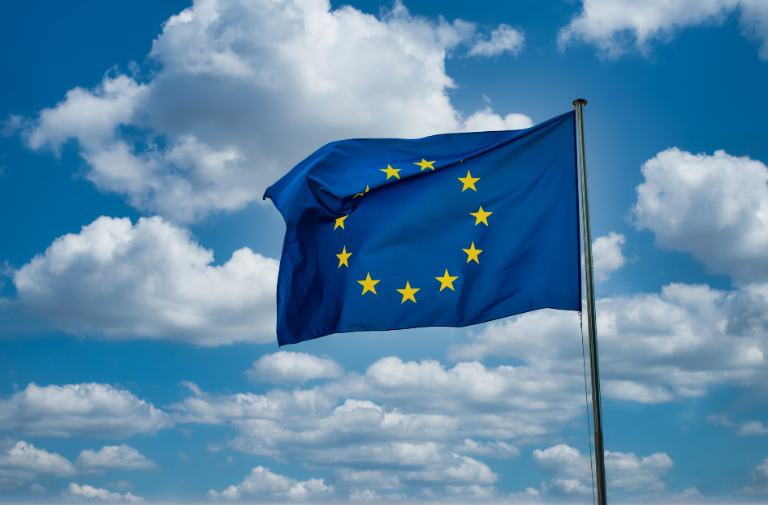
The Net-Zero Industry Act shall define the Sustainable Alternative Fuels technologies as “Strategic Net- Zero Technology”.
Net-Zero Industry Act (NZIA)
October 3, 2023
JOINT LETTER FROM A COALITION OF INDUSTRY LEADERS TO THE EUROPEAN COMMISSION, COUNCIL OF THE EU AND EUROPEAN PARLIAMENT – The Net-Zero Industry Act shall define the Sustainable Alternative Fuels technologies as “Strategic Net- Zero Technology”.
As part of a coalition of industry leaders, including CEWEP, eFuel Alliance, Eurogas, ESWET, Fertilizers Europe, FuelsEurope, the Methanol Institute jointly sent a letter to the European commission, Council of the EU and European Parliament regarding the Net Zero Industry Act (NZIA).
Our aim is to ensure that the definition of Sustainable Alternative Fuels within the NZIA aligns with key EU policies on transport and fuels. By doing so, we can unlock the potential for innovation and transition to renewable, low-carbon solutions within the industrial sector.
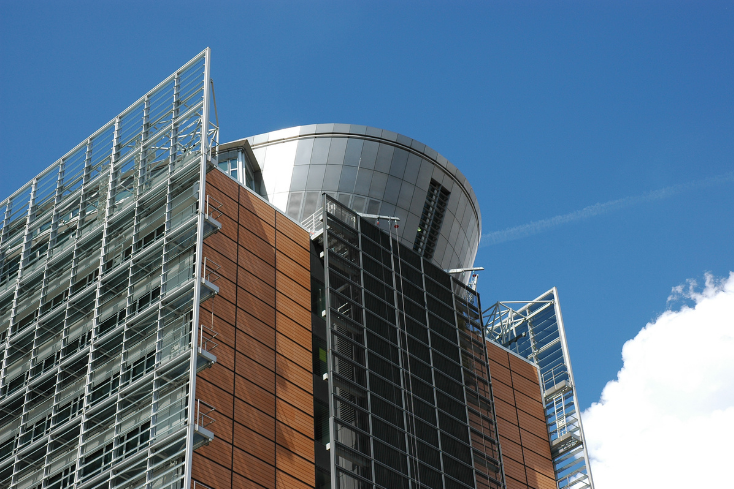
MI’s response to the European Union’s Net-Zero Industry Act (NZIA).
Net-Zero Industry Act (NZIA)
METHANOL INSTITUTE’S RESPONSE TO THE EU’S NZIA
MI has released its response to the European Union’s Net Zero Industry Act (NZIA). The NZIA is a component of the EU’s Green Deal Industrial Plan, which is the bloc’s response to the United States’ Inflation Reduction Act (IRA). The purpose of the NZIA is to increase the competitiveness and resilience of the EU’s net-zero technology industrial base, which will make up the backbone of an affordable, reliable, and sustainable clean energy system.
MI’s position paper presents a comprehensive breakdown of the Methanol Institute’s views on key elements of the package and provides policy recommendations on behalf of the global methanol sector.

MI’s Fit for 55 position paper.
Fit for 55
2021
FIT FOR 55 POSITION PAPER – The Methanol Institute’s view on the restructuring of Europe’s regulatory landscape for fuels.
As a clean-burning fuel and chemical with a demonstrated path to carbon neutrality, methanol is poised to play a key role in Europe’s energy transition. This document outlines how key Fit for 55 policies in transportation may be amended to enable the EU to meet its climate targets, underscoring the role of methanol in the energy transition. It offers the Methanol Institute’s perspective and policy recommendations, facilitating the European Union’s remarkable transformational change toward carbon neutrality.
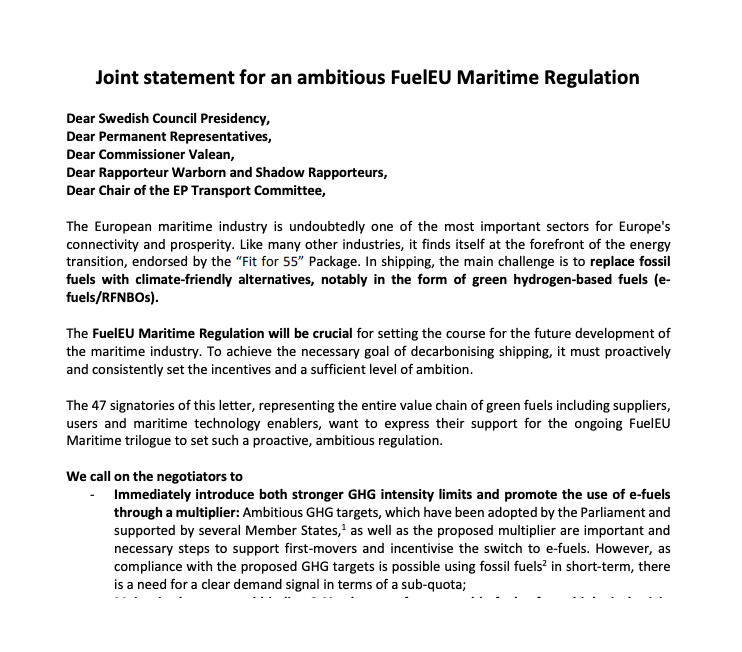
Joint statement for an ambitious FuelEU Maritime Regulation
Joint Statement
2021
Here is the text extracted from the provided image:
—
**Joint statement for an ambitious FuelEU Maritime Regulation**
**Dear Swedish Council Presidency,**
**Dear Permanent Representatives,**
**Dear Commissioner Valean,**
**Dear Rapporteur Warborn and Shadow Rapporteurs,**
**Dear Chair of the EP Transport Committee,**
The European maritime industry is undoubtedly one of the most important sectors for Europe’s connectivity and prosperity. Like many other industries, it finds itself at the forefront of the energy transition, endorsed by the “Fit for 55” Package. In shipping, the main challenge is to replace fossil fuels with climate-friendly alternatives, notably in the form of green hydrogen-based fuels (e-fuels/RFNBOs).
The FuelEU Maritime Regulation will be crucial for setting the course for the future development of the maritime industry. To achieve the necessary goal of decarbonising shipping, it must proactively and consistently set the incentives and a sufficient level of ambition.
The 47 signatories of this letter, representing the entire value chain of green fuels including suppliers, users and maritime technology enablers, want to express their support for the ongoing FuelEU Maritime trilogue to set such a proactive, ambitious regulation.
We call on the negotiators to
– **Immediately introduce both stronger GHG intensity limits and promote the use of e-fuels through a multiplier:** Ambitious GHG targets, which have been adopted by the Parliament and supported by several Member States, as well as the proposed multiplier are important and necessary steps to support first-movers and incentivise the switch to e-fuels. However, as compliance with the proposed GHG targets is possible using fossil fuels in short-term, there is a need for a clear demand signal in terms of a sub-quota;
– **Maintain the proposed binding 2 % sub-quota for renewable fuels of non-biological origin (RFNBOs):** A dedicated binding sub-quota for the maritime supply and demand is indispensable to give e-fuel producers and shipping companies investment and planning security and achieve a swift market ramp up of e-fuels. A demand sub-quota under the FuelEU Maritime Regulation and an equivalent maritime supply sub-quota under the revised Renewable Energy Directive for RFNBOs would drive industrial production and thus enable economically efficient prices, which are necessary to pave the sector’s way to climate neutrality in the long run;
– **Apply the sub-quota to all shipping companies:** An exemption for small companies and subsidiaries is counterproductive. Large as well as small shipping companies must pull in the same direction without exemptions. The pooling system is a well-proven mechanism to help smaller companies comply, but should be simplified and made more flexible and easier to access for any company e.g., by building on the FuelEU electronic compliance database;
– **Reward investments in net-zero emission vessels:** We support the Parliament’s proposal to allow companies that own ships outside the scope of the Regulation to bank their compliance surplus, on a voluntary basis, when fully powered by renewable energy, including wind propulsion. This would boost investments in small ships under 5000 GT, e.g., offshore service
—
– **Joint statement by Belgium, Denmark, Germany, Ireland, Luxemburg, the Netherlands and Sweden on FuelEU Maritime**
– **Transport & Environment. (2022). FuelEU Maritime: T&E analysis and recommendations. How to drive the uptake of sustainable fuels in shipping; and CE Delft. (2021). FuelEU Maritime and EU ETS: Sound incentives for the fuel choice?**

